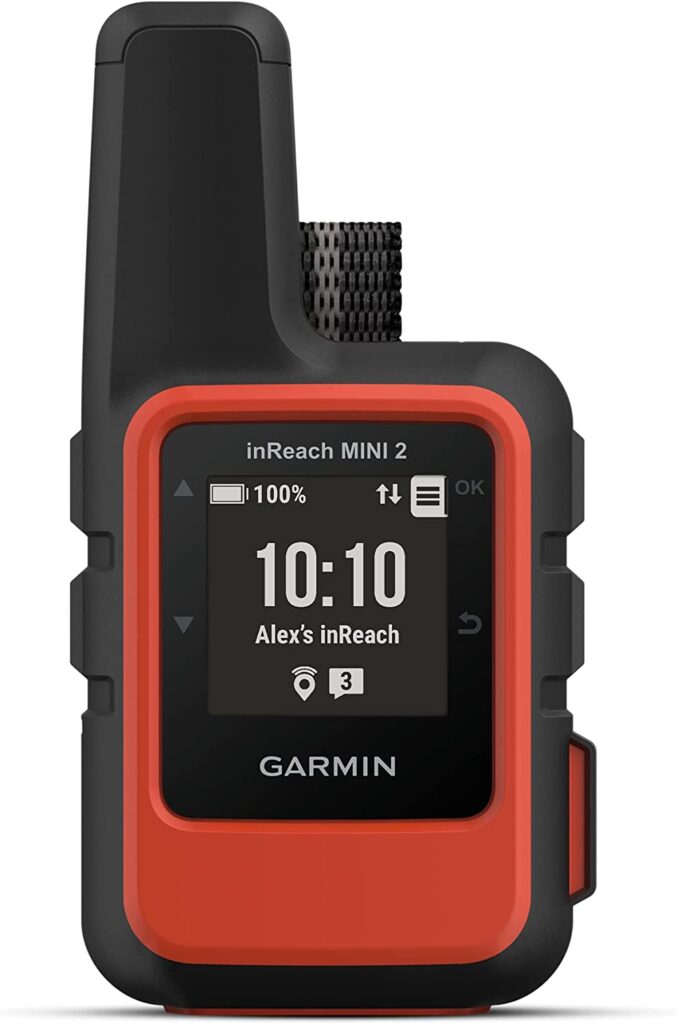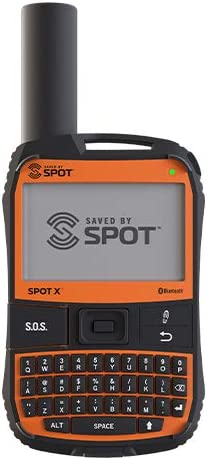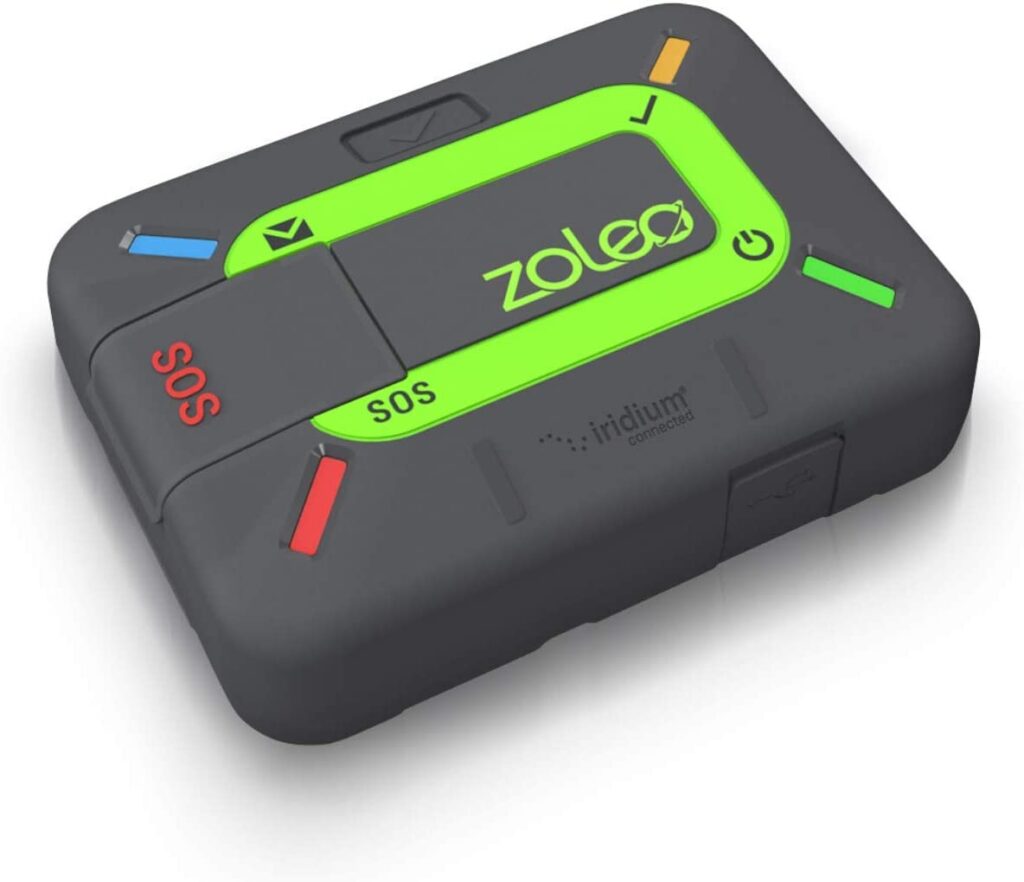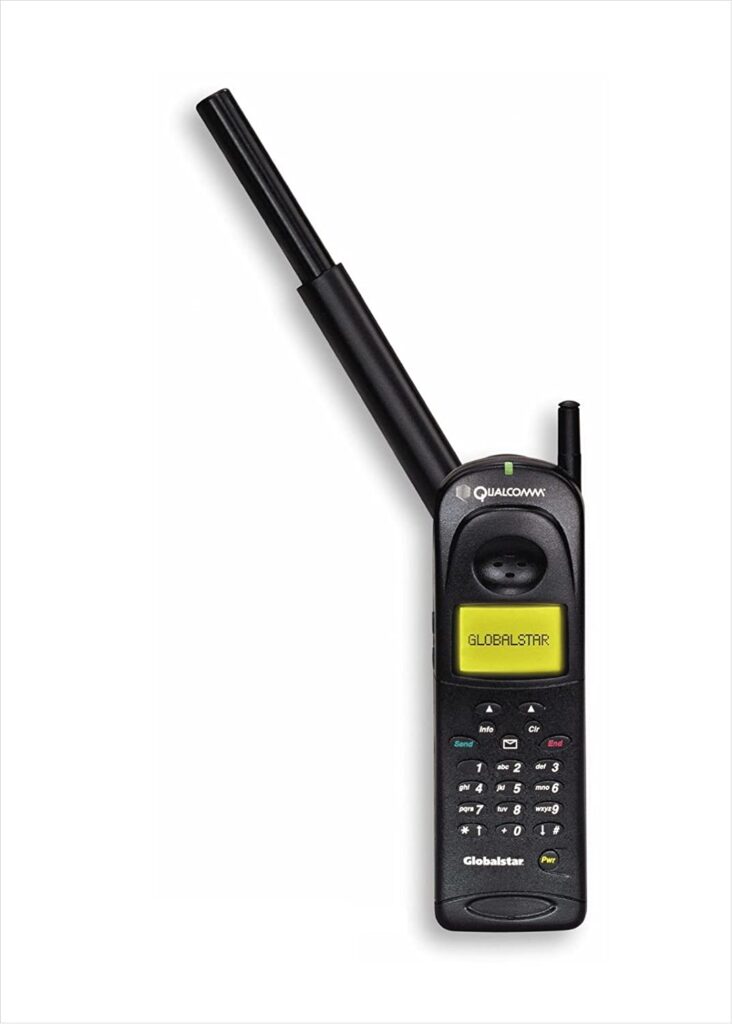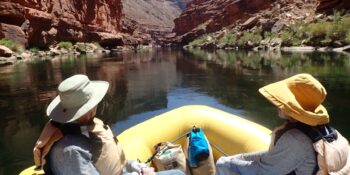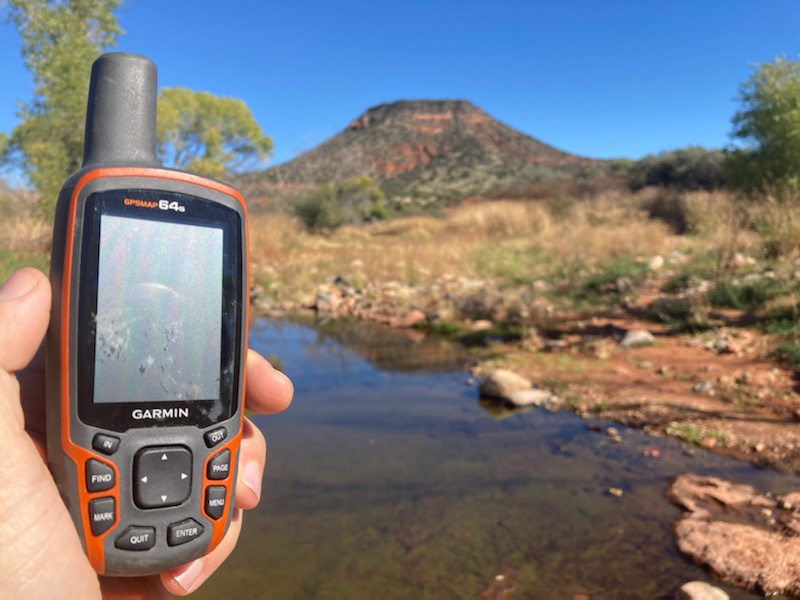
Satellite Phones & Communicators
Staying in touch from the river
Typically on wilderness trips people want to disconnect and be present. However, in this day and age it may be necessary to check-in or make an emergency call. Most cell phones provide unreliable service in remote areas, the best option in this case is a satellite phone or communicator. Learn about the current preferred options for communicating with the outside world. In general, we find the satellite communicators (texting devices) work better, are cheaper and more reliable than satellite phones.
Things to Consider
Most Satellite phones (Sat phones) and communicators (texting devices) run on either a high or low earth orbit network. High earth orbit networks run off a set of satellites that spin with the earths orbit providing consistent coverage to relatively flat areas but may encounter disruptions or no service in rugged terrain.
Low orbit networks run off a cluster of satellites that rotate around the earth at speeds exceeding the earth’s orbit. The rapidly orbiting nature of these satellites means more coverage in rugged terrain but also dropped calls as a satellite goes out of line of site. The classic problem with sat phones is you finally get a satellite and make a call to have the connection drop before passing along the necessary information. The texting devices below avoid this problem. Most top brand satellite phones use low orbit networks for this reason.
Key factors to consider when buying a satellite device
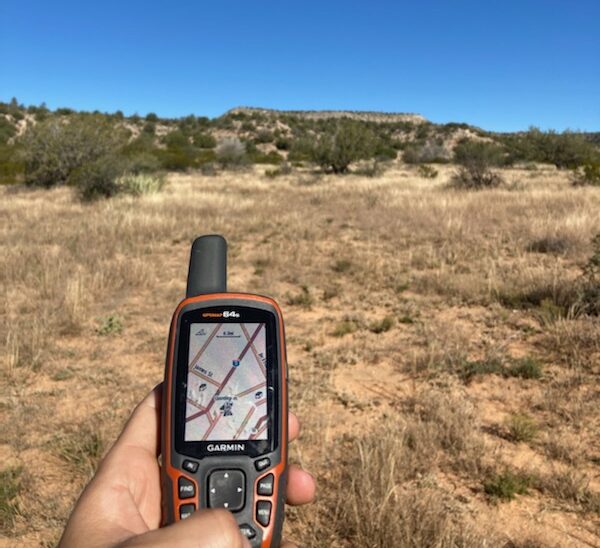
- Size
- Weight
- Cost
- Battery life
- Waterproofing
- Data connection
- Communication options
Satellite phones need a direct line of sight to a satellite in order to connect a call. They typically work poorly indoors, while the open sky provides a clear path. The main advantage is satellite phones don’t rely on cell towers. But if you are deep in a canyon or in severe weather satellite communication may be limited. Satellite phone rentals provide for an inexpensive one time use. Rentals can be done online with same day shipping, as well as in stores such as Verizon.
Satellite Communicators
Satellite Communicators are the simplest option to stay in touch. These often small and light weight devices allow the user to send texts rather than calls from remote areas. A big advantage of the communicators over phones is the whole message gets sent at once even if connected with a satellite for a short period of time, making them preferable for places like Grand Canyon. Another reason to use a texting device is that it is less intrusive on your wilderness experience and other people don’t have to hear you talking on the phone.
The Garmin Inreach, Zoleo communicator and Spot X devices are among the most popular brands. Most of these devices offer an SOS button in case of emergencies, weather forecast, location sharing, digital compass, and a check in feature.
One of the newer developments in satellite communications is the Bivy Stick ($240). This device essentially converts your smart phone into a satellite phone, you get all the features of two way SMS communication through satellite with the familiarity of your smartphone. Only downside being you now have to keep track of both devices and keep them charged.
- Spot X: Is one of the best values and top picks. The device costs $200 with plans starting at $50 per month. This device uses the Globalstar network and offers 2 way messaging, SOS to search and rescue and sync with bluetooth on your phone. Activation fee – $29.95 (Flex Service: +$34.95) [Spot X]
- Garmin Inreach series rely on the Iridium network. There are a few different options including the mini and the explorer ranging from $300 – 400. Both offer two way messaging, SOS to search and rescue, and Smartphone pairing. Activation fee – $19.95 (Freedom: $24.95). [Garmin Mini InReach 2]
- The Zoleo is also an attractive value pick on the Iridium network. Features a low price of $200 for the device. Location tracking, two way messaging via smart phone and weather forecasting. Activation fee – $20 [Zoleo]
Top 3 Satellite phones at a glance
Iridium, Globalstar and Inmarsat are the top 3 services/brands when selecting a satellite phone.
- Inmarsat has a great deal offering the phone for free when you sign up for service. It’s long lasting battery and weather proof housing makes it ideal for river trips, although consider it a little bulky. The service provides world wide coverage except for near the north and south poles.
- Iridium is a more pricey option with a compact size and know for having the most comprehensive coverage. Recently the coverage seems to be getting worse in the continental U.S.
- Globalstar also has a great deal, offering a free phone with service purchase. It is known for it’s great sound quality. While it currently has the best connectivity in certain areas check their coverage map to see if Globalstar will work where you plan to travel. [Globalstar on Amazon]
Final thoughts
The world of satellite devices is ever changing with talk about soon being able to use the GPS from regular cell phones to request rescue from the wilderness. While for most people the satellite communicators provide the best option, be sure to select a device that suits your needs by considering what type of travel and communication you need. Finally, if using a device that connects with your phone be sure you don’t run out of battery power and think about getting a back-up battery.
Find Answers to more Gear Questions
Dispatches from adventure tours around the world and tips for intrepid travelers. Read Our Blog
11 Items Not on Your Outfitter’s Grand Canyon Packing List
11 Items Not on Your Outfitter’s Grand Canyon River Trip Packing List Every Grand Canyon rafting outfitter offers a unique perspective and has put a great deal of care in…
Keep Reading > 11 Items Not on Your Outfitter’s Grand Canyon Packing List
Gear Spotlight: Rain Gear For Rafting Trips
Rain Gear For Rafting Trips Do I Really Need Rain Gear? Yes! You really do need a rain gear when river rafting, and here’s why: You will be getting wet.…
Best Sunscreens for Rivers & Oceans
Best Sunscreensfor Rivers & Oceans When playing in rivers and oceans, we want sunscreen that will protect us as well as the criters in the water. Testing by the EWG…

